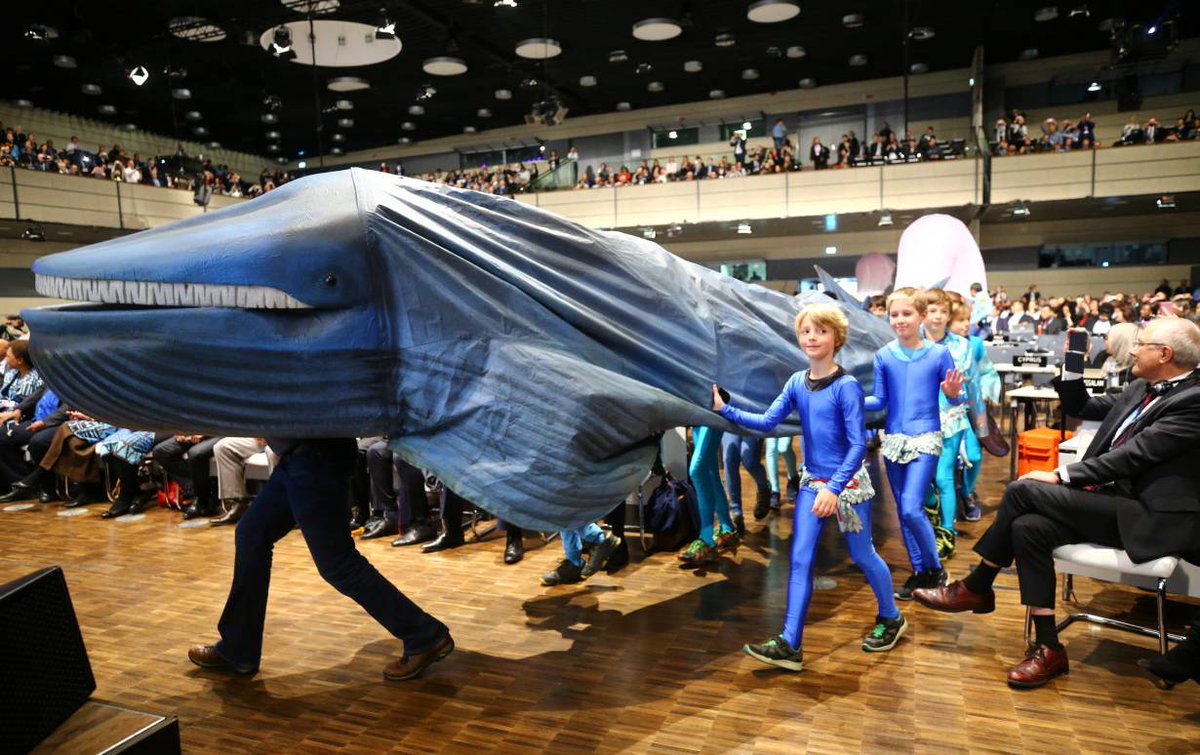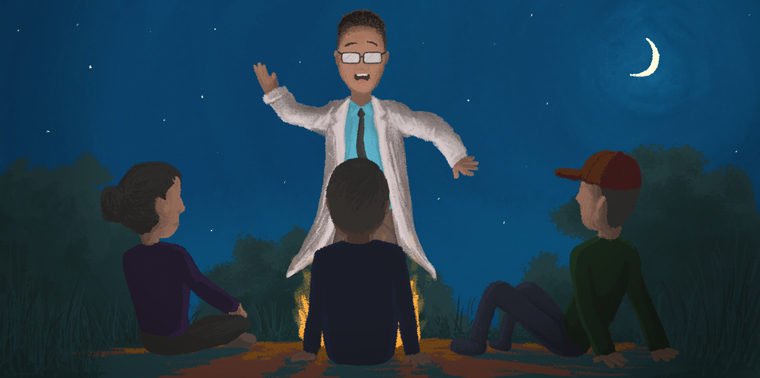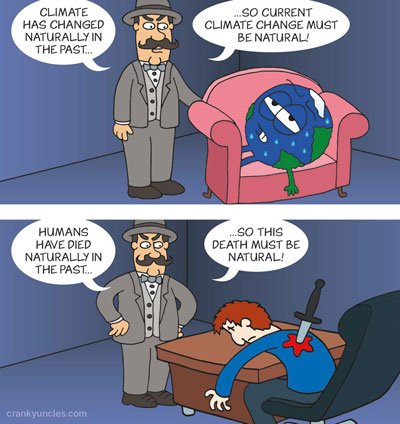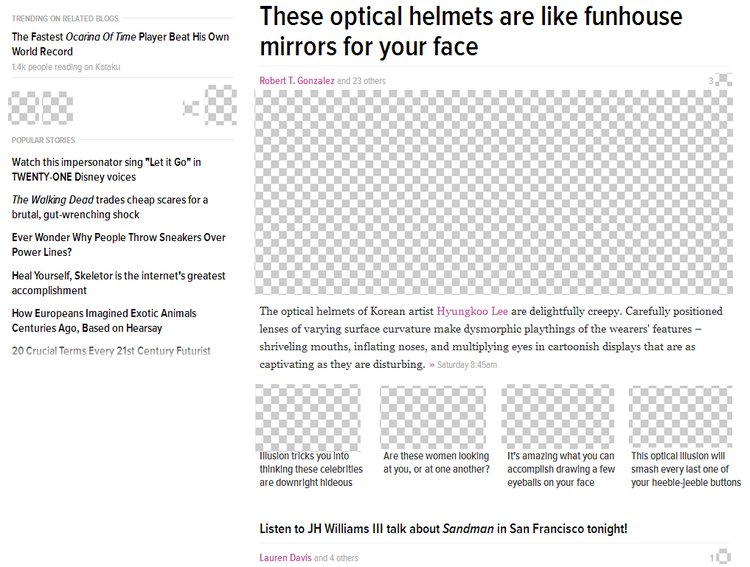Yes, also a lot of failed experiment of course 😅
Interestingly enough, my PI A Prochiantz was very active in #scicomm, (books, radio show, theater…).
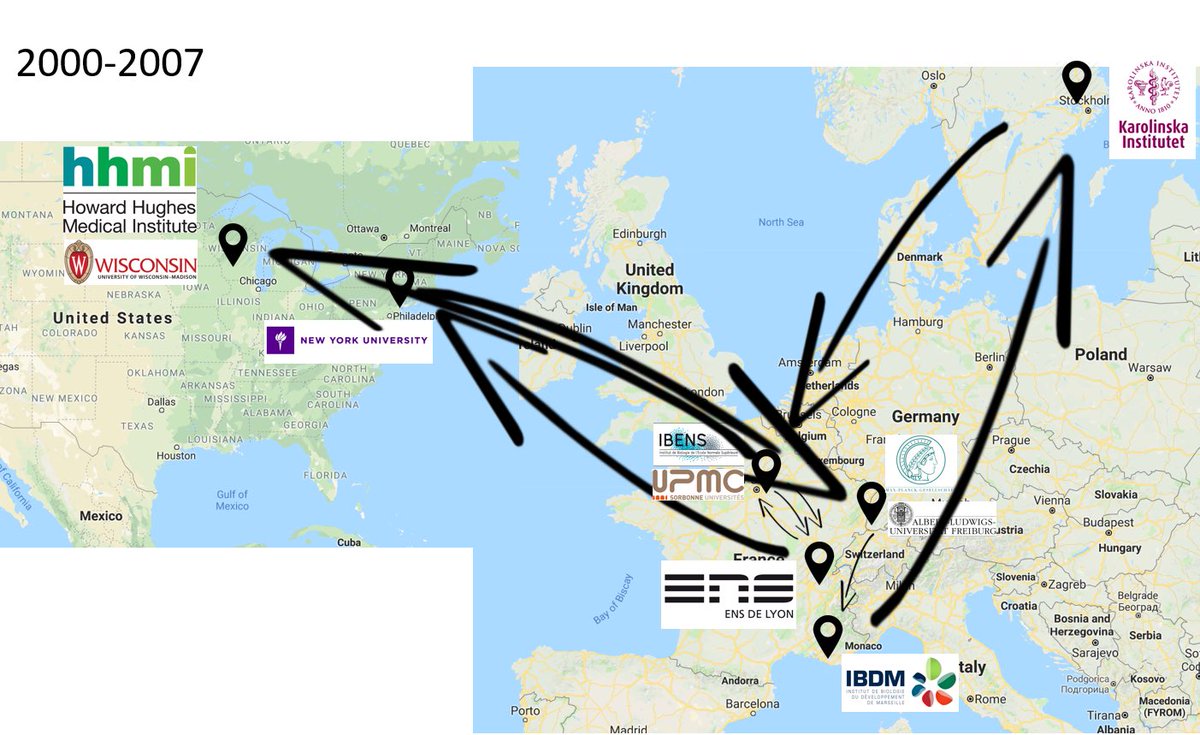
(except for occasionally considering selling French fries on beaches when all experiments would go crap, of course. Anyone here with this kind of escape “fantasy”?)
poke to those on twitter (funny the French are not there so much, I'd like to see stats about researcher's presence on social media broken down by country)
Because I wanted to share my passions
Because I felt a moral obligation to other citizen who where funding the research
Because creating knowledge without sharing it felt useless (Seneca says it better)
#whyscicomm

#whyscicomm
- the cultural shock of living there for years (remember I'm French)
- the fact that in the lab, I had to do anything I wanted, as long as it was "big picture"
- the teaching training @scientificteach
=>one of his book mentioned at the end of this #scicomm candy by @acapellascience:
So a bit of advice: PIs, if you want your people to stand up for science in the eyes of the public, teach by example.
books.google.fr/books/about/Sc…
You'll note if you're following that the fries selling option was not retained.
Plus, I thought I'd finish writing my paper with my co-author... and I never did (and I still feel guilt about it!)
amzn.to/2tE969N
1 #scicomm is still a place where you can create your position
2 don't take my story as a path to follow as it's pretty peculiar!
In an economy where institutions fights for funds/talents, it's important to shine more than others.

